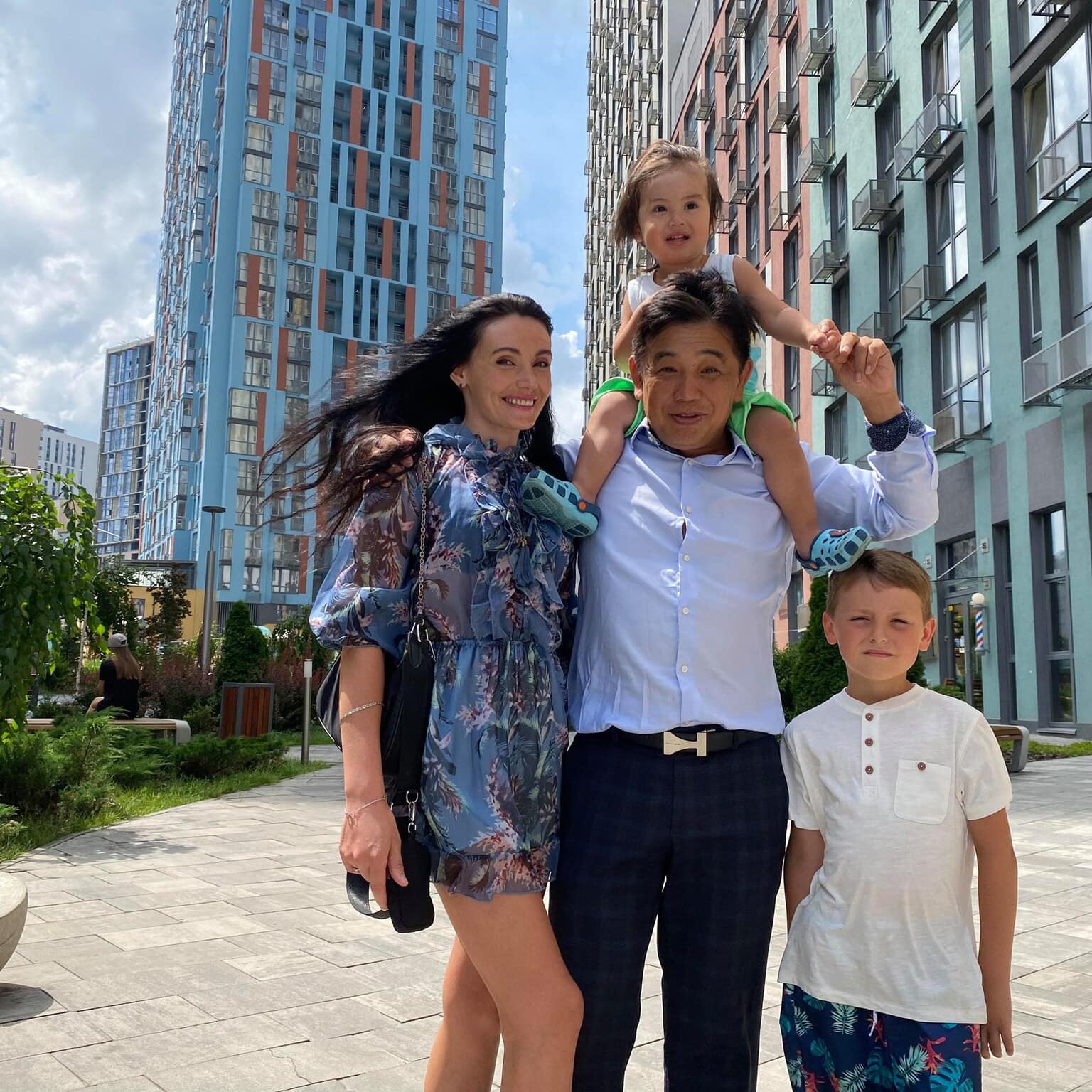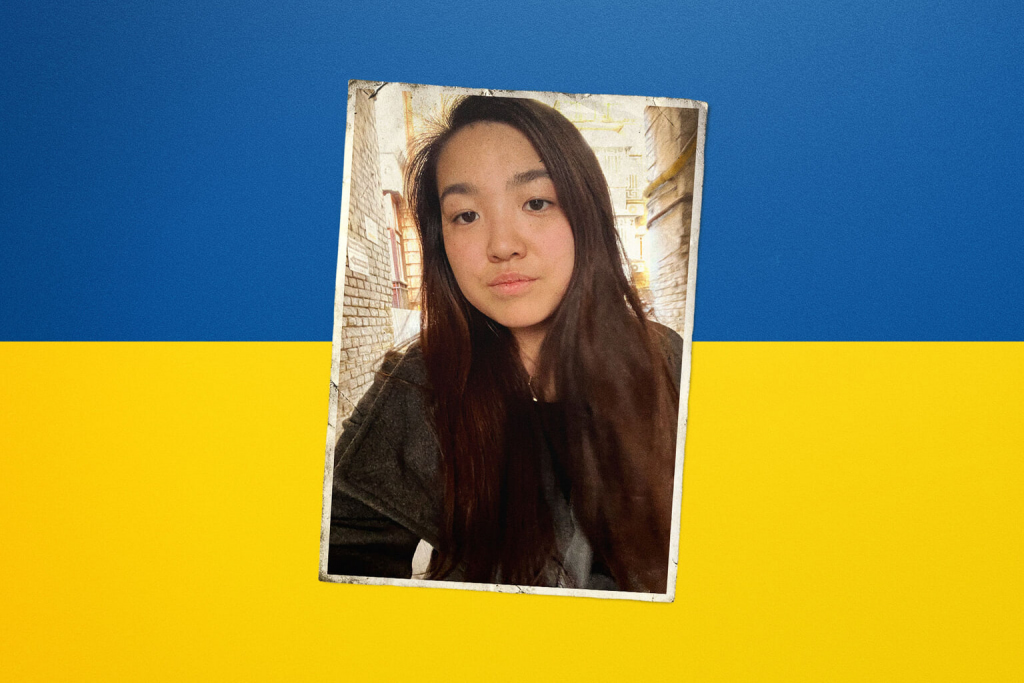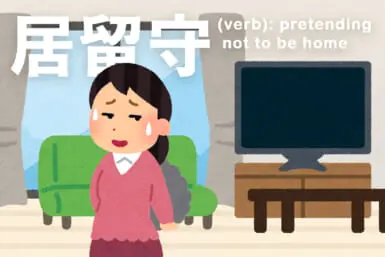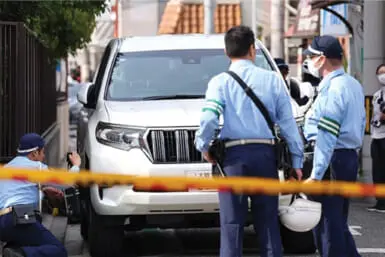Osaka-born student and journalist Asami Terajima first moved to Kyiv at the age of 10 due to her father’s job. Apart from a brief period in the US, it’s been her home ever since. She never thought about leaving and decided to stay put even when Vladimir Putin’s army invaded on February 24. However, with the conflict escalating, the 21-year-old writer for English language media outlet The Kyiv Independent eventually fled the Ukrainian capital with a heavy heart six days later, heading to Lviv in the western part of the country.
In this week’s news roundup, we report on the war in Ukraine through Terajima’s eyes and the eyes of Fumiya Takagaki, a fellow Japanese national who is still in Kyiv, separated from his wife and two children. We also speak to three Ukrainian citizens in Tokyo, all naturally devastated by what’s happening in their homeland. Last week, they attended an anti-war rally in Shibuya alongside a crowd of 2,000 people. Support for the Ukrainian cause also came from 70 Japanese nationals who applied to become volunteer foreign soldiers in the war with Russia.
“The Ukrainian People Will Never Give Up their Nation”
On the morning of February 24, Asami Terajima was offered a lift out of Kyiv. She declined and instead headed to a bomb shelter. “It was eerily quiet,” she tells Tokyo Weekender (TW). “Everyone was just scrolling through their phones, trying to get news.” After then spending some time at a colleague’s apartment, Terajima returned to her own place. She could sense the fear in the city, but never saw anyone panicking or hoarding daily necessities. “I’m so proud of the people here. Ukrainian soldiers are heroes, giving everything against a stronger oppressor to protect their nation. Others have remained in the capital, staying calm and trying to help in any way they can,” says The Kyiv Independent reporter.
In those first few days of the war, Terajima regularly heard the sound of guns and explosions with the loudest coming on Sunday afternoon. “The shaking in my apartment was so heavy, it felt like an earthquake,” she says. “With the situation worsening, the Japanese journalist, who’s a political reporter not a war correspondent, was advised to leave Kyiv. “I got the train to Lviv on Tuesday,” recalls Terajima. “The station was chaotic because there were so many people and several trains had been canceled. It was very hard leaving not knowing when I’ll be back. I wanted to take Kyiv with me. What I do know, though, is that the more Russia attacks, the more united we become. The Ukrainian people will never give up their nation.”

Fumiya Takagaki with his wife and two children in Kyiv
Families Separated by War
Putin’s war has torn families apart. Images and videos of fathers saying goodbye to loved ones have been heartbreaking. Terajima’s parents fled to Poland and she has no idea when she’ll see them again. Fellow countryman Fumiya Takagaki, 56, is in a similar situation. His Ukrainian wife and two kids escaped to her hometown of Boryspil, around 30 kilometers from Kyiv, while he remained in the capital. The self-employed Japanese man contacts his family daily, but is deeply concerned about their welfare. He spoke to TW this week about his experiences over the past few days.
“The sound of explosions is getting nearer,” he says. “I also hear a lot of gunshots around my apartment. All the restaurants are closed and the market only opens irregularly. When it does, there is always a huge line of people and everything sells out quickly. For three days, I’ve been eating crackers and canned food. It’s a tough situation, but I like Ukraine and never had the intention of running away from this country. On top of that, my wife and kids are here so I won’t leave. I just want this war to stop. It’s so sad that innocent people are dying. I hope countries around the world, including Japan, can help put an end to the bloodshed.”
Ukranian Nationals in Tokyo Give their Views on Putin’s Invasion
For Ukrainians in Japan, it’s hard to take in what’s happening 8,000 kilometers away. “On February 23, every Ukrainian went to sleep in peace and the next morning woke up in a war,” says former TW employee Viktoria Maslyuk. “There are no safe places at home right now. In the region I’m from, people are constantly receiving messages on their phones about possible air attacks which means they need to hide in bomb shelters. Most people can’t believe it’s real. Everyone is shocked, confused and scared, yet also ready to stay strong and protect our nation from Russia.”
Compatriot Tetiana Bielashova echoes Maslyuk’s sentiments. “I was in Ukraine last October and it’s so hard to see those streets I recently walked on being destroyed,” she says. “I feel confused being so far away from my family at this time. It’s not a liberation mission or military training by Russia. It’s war. To people living here, both Japanese and foreigners, I would say don’t stay away from this. You can help Ukrainians wherever you are. Use your social media platform to speak out, provide financial support or take part in the demonstrations. We’re all connected by one main goal, to stop the war.”
Anti-War Rallies Staged in Various Cities in Japan
Last Saturday around 2,000 people staged a rally in front of Tokyo’s Shibuya Crossing in protest against Putin’s invasion of Ukraine. Many held the Eastern European country’s yellow and blue flag and signs with words such as “Hands off Ukraine.” Olena Svidran, who hails from the southeastern region of Dnipropetrovsk, was in the crowd. “I felt united with the people and the rest of the world,” she says. “We need to come together to stop this. I believe in people.” Protests were also held in Hiroshima, Nagasaki, two cities in Hokkaido and Shinjuku Station.
“It’s been really nice seeing the protests around the world including in Japan,” says Terajima. “People in Ukraine are watching and feel very encouraged by it. I’ve had people tell me how good it is to see Japan supporting Ukraine. There are a lot of upsetting videos on social media, so it’s important for morale to have these positive messages from so many different countries.” A Support Ukraine Freedom March will take place in Tokyo this coming Saturday. People are instructed to gather at City Residents Castle (in Omotesando behind the United Nations University) at 12:30pm. The march begins at 1pm.
70 Japanese Answer Call to Fight Russia’s Invasion
On February 27, Ukrainian President Volodymyr Zelenskyy said he would establish a foreign legion consisting of volunteers. The following day, the Ukrainian Embassy here posted his message on Twitter, adding the qualification required was military training experience. According to Ambassador Sergiy Korsunsky, the embassy soon received around 70 applications from Japan. 50 of those were from former Self-Defense Forces members. The Japanese government, though, has since asked the embassy to refrain from recruiting Japanese members for military purposes. The embassy subsequently removed the tweet. It is now seeking volunteers in fields such as information technology, disaster prevention and medicine.
With scores of Ukrainians forced to flee their country, Ukraine also needs support in housing its citizens. Speaking at the Prime Minister’s Office on Wednesday, Fumio Kishida revealed that Japan would be accepting Ukrainian refugees who’ve fled to other countries due to the conflict. “We’d like to show our solidarity with the Ukrainian people at this crucial stage. We’ll implement the necessary procedures as soon as possible,” said the PM. At the same time, the Japanese government continues to impose sanctions on Russia. On Thursday, Finance Minister Shunichi Suzuki said that Japan will be freezing the assets of four more Russian banks from April 2, making it seven in total.
Toyota Shuts Down Production Following Cyber-Attack on Supplier
In other news this week, Toyota halted factory operations on Tuesday after a suspected cyber-attack on one of its suppliers. Kojima Industries, which provides composite and plastic parts for the automaker, said it had discovered an error on one of its file servers. After a reboot, a threatening message appeared in English. No further details were given. The shutdown, which lasted 24 hours, affected all 28 of Toyota’s domestic production lines across 14 factories. It led to a loss of roughly 13,000 units, somewhere between four and five percent of the carmaker’s monthly output.
In soccer news, Takumi Minamino bagged a brace as Liverpool defeated Norwich 2-1 in the FA Cup fifth round. Last Sunday, he was on the bench as the Reds beat Chelsea on penalties to lift the Carabao Cup. In the Netherlands, Ritsu Doan scored the decisive goal in PSV Eindhoven’s 2-1 win over Sparta Rotterdam. They are now two points behind leaders Ajax. In women’s ski jumping, Sara Takanashi recovered from her Olympic disappointment to triumph at a World Cup event in Lillehammer, Norway. Compatriot Ryoyu Kobayashi claimed his eighth World Cup victory of the season in the men’s competition. He now leads the overall standings.









